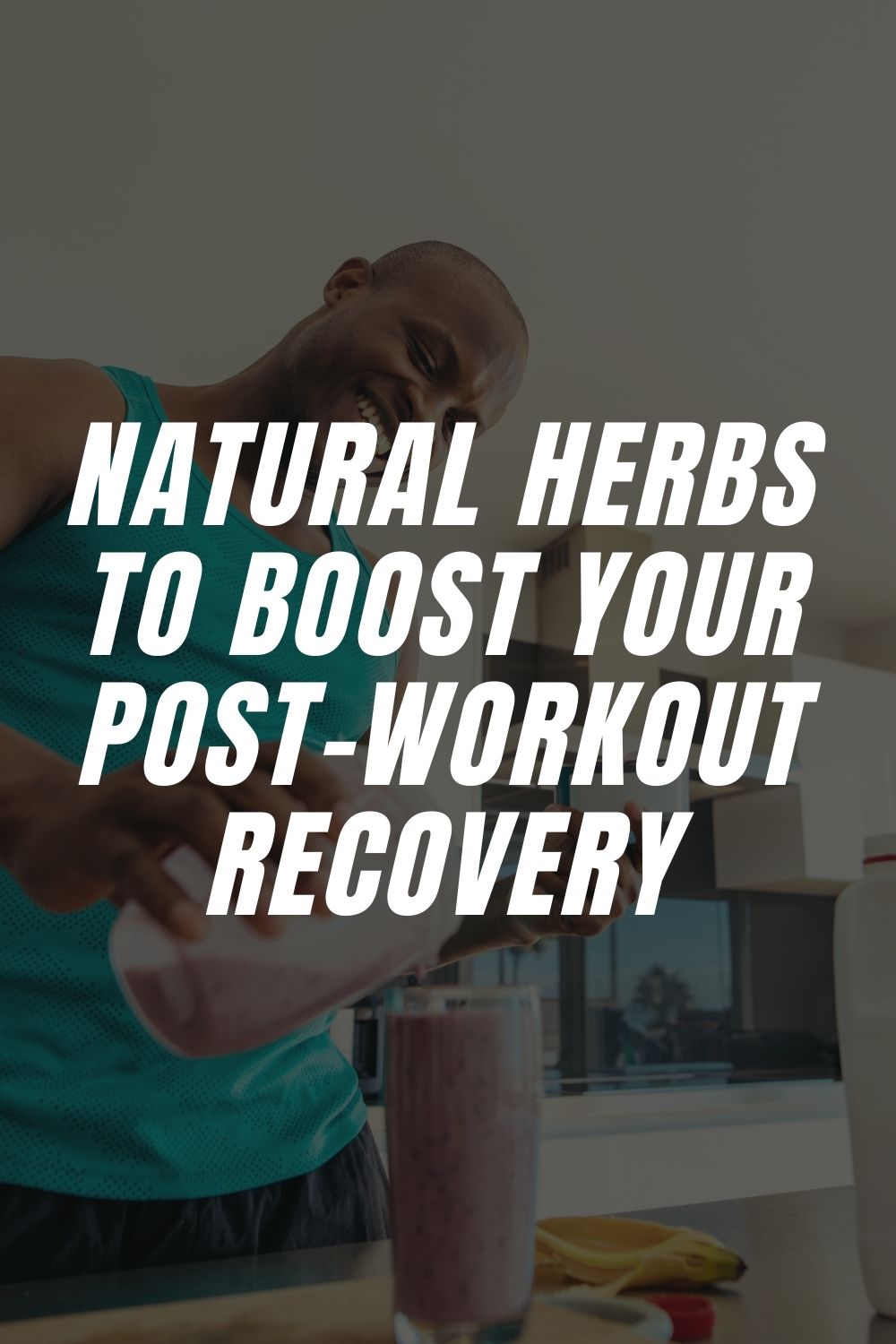Natural Herbs to Boost Your Post-Workout Recovery
The very nature of working out is to break down our muscles so they become stronger when they recover. Injury occurs when we do too much breaking down and not enough recovery. As more and more people get into fitness, the business of recovery is booming.
Many are familiar with the brand name supplements they can find at their local drug store. Relatively few people have explored herbal supplements to help them recover from their workouts.
Herbs That Help With Recovery
Botanicals have been used in the medicinal rituals of ancient cultures for thousands of years. Some have even served as the foundation for many pharmaceuticals commonly found today. Others are not approved by the FDA as having any medical benefit, but seem to have anecdotal success in helping fitness enthusiasts recover. Let’s take a look at some of those botanicals.
Kratom
Kratom, also known as mitragyna speciosa, is an evergreen tree in the coffee family that is native to the tropical climate of Southeast Asia. Roughly 95 percent of the world’s supply comes from Indonesia.
Kratom has been used in the ancient cultures of the Indonesian islands for a long time, and now it has made its way into western culture over the last few years.
While kratom vendors can’t legally market their strains based on their alleged effects, there are anecdotal stories from people within the fitness community. Many people have said on forums that using kratom aromatically has helped speed up their recovery process.
Turmeric
Turmeric is native to several countries in Asia and is a common spice found in Asian foods. It has a bitter taste, but compliments many recipes well.
Some people take turmeric extract to help with pain and inflammation from osteoporosis. This has led to people within the fitness community using it to help with recovering from workouts.
Rhodiola
Rhodiola is a perennial flowering plant. It is found natively in Arctic climates. Parts of Europe and North America call this plant common.
The native cultures of these areas used Rhodiola in their medicinal practice. These cultures used it as a treatment for “mental fatigue”. In the fitness world, people are saying on the forums that it helps them recover their energy quicker.
Corydalis
Corydalis is an umbrella name that includes over 450 genus of herbaceous plants. An overwhelming amount of the genus diversity, about 80 percent, occurs in China.
Many cultures use the ground up flower of this powder to treat stress and hypertension. Some in the fitness community are telling stories of using it to try and recover their energy faster after a workout.
Ashwagandha
Ashwagandha, also known as Indian ginseng, is a common medicinal herb from the ancient practice of Ayurveda. It falls in the nightshade family and is native to the drier areas of India. It is classified as an adaptogen. This means it helps the body regulate stress chemicals.
Other studies have shown it to potentially be effective in building muscle mass as well as reducing inflammation. This means it has a dual use for the fitness community.
Green Tea
Green tea has been popular for thousands of years in eastern cultures, but it has skyrocketed in popularity in the west over the last couple of decades. You can now find this popular tea in all of the most well-known iced tea and hot tea brands.
Among other health benefits, green tea has been shown to boost the body’s ability to burn fat. This means those who are into fitness to lose weight should consider incorporating green tea into their daily diet.
Maca
Maca, also known as Peruvian ginseng, is native to the Andes mountains. There are stories of it being used by Incan warriors to enhance their performance.
People in the fitness community have been using it to get back to peak performance faster. Maca can be found in extract form. It has also gained popularity as a tea.
Conclusion
All in all, there are several paths to workout recovery one can take. The best workout recovery routine is fully personalized to your needs. Your type of workout, the intensity of said workout, fitness level, and workout frequency are all factors in determining what you should be doing to recover.
Hopefully this article has helped you understand the role some natural herbs can have in getting yourself back to peak performance capability as soon as possible.
